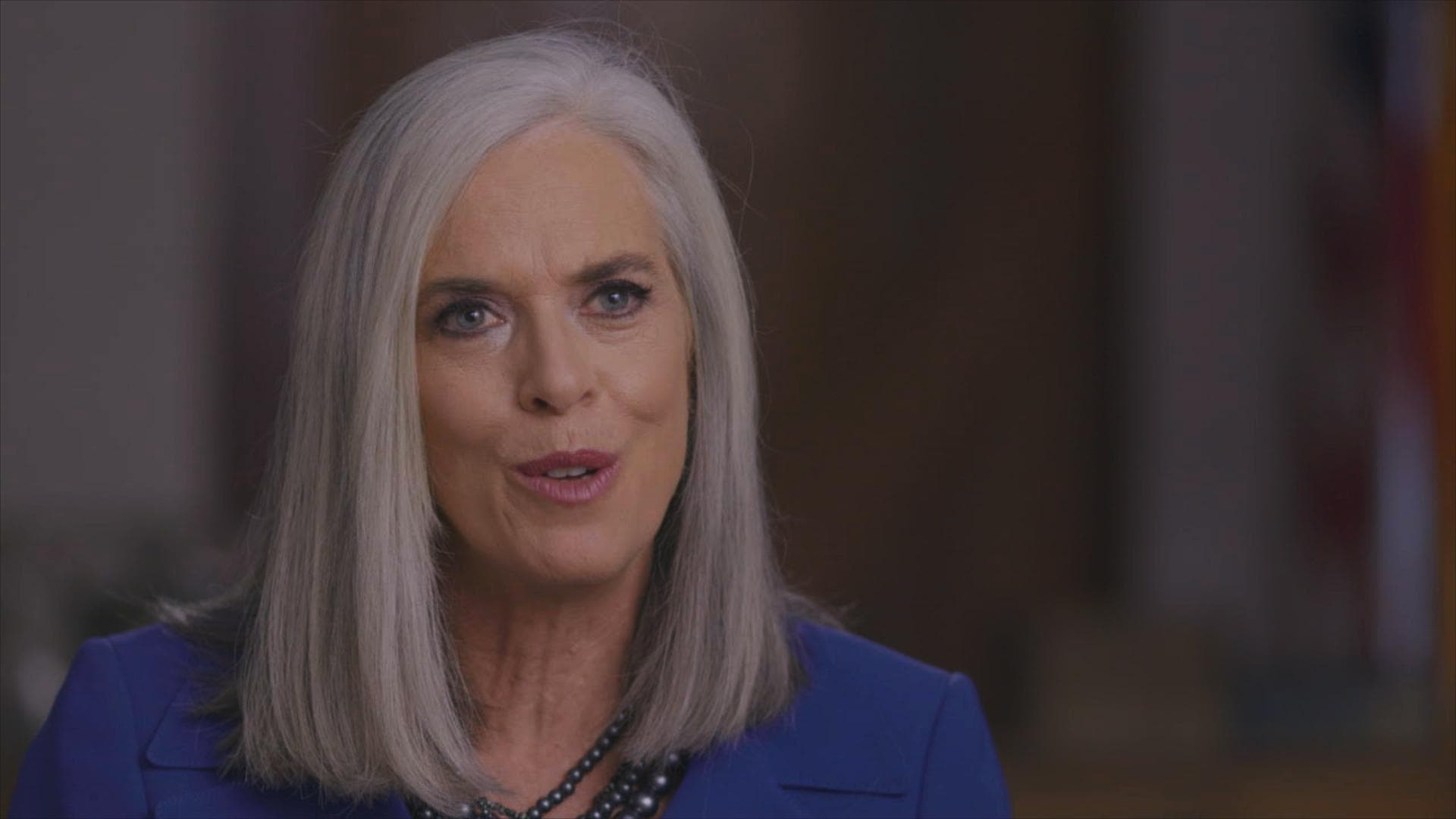60% Affordability Gap: House Democratic Whip Clark Challenges President's Economic Promises

House Minority Whip Katherine Clark (D-MA) has sharply criticized the current administration, asserting that 60% of American households are struggling to afford basic necessities. The Democratic leader's comments, made via social media, directly challenged the President's commitment to lowering costs.
"I don't want to hear about affordability. Says the president who promised to lower costs on Day 1. 60% of households are unable to afford the basics — and he just doesn’t care," Katherine Clark stated in her tweet.
Clark, a prominent figure in the Democratic caucus, has served as House Minority Whip since 2023 and has consistently advocated for policies aimed at supporting women and families, including initiatives for affordable childcare and addressing wage disparities. Her recent remarks underscore a growing partisan divide over the nation's economic health.
The claim regarding household financial strain finds support in recent economic data. A January 2024 report by LendingClub indicated that 60% of Americans were living paycheck to paycheck. This figure remained stubbornly high, affecting even higher-income earners, with over 45% of those earning $100,000 or more annually reporting similar struggles to cover basic expenses.
President Donald Trump, who assumed office in January, campaigned on a central promise to tackle inflation and reduce prices "starting on Day One." However, one year into his term, official data from September 2025 shows grocery prices have risen by 2.7% over the past 12 months, with coffee up 18.9% and ground beef increasing by 12.9%. Electricity rates also saw an uptick, reaching 17.62 cents per kilowatt-hour in August 2025, compared to 15.94 cents in January.
Economists attribute the persistent rise in costs to various factors, including the impact of trade tariffs, labor market dynamics influenced by immigration policies, and surging demand from energy-intensive sectors like artificial intelligence. While the White House maintains that its supply-side policies are effectively "taming" inflation, critics argue that the administration's actions have yet to alleviate the financial burden on many American families.